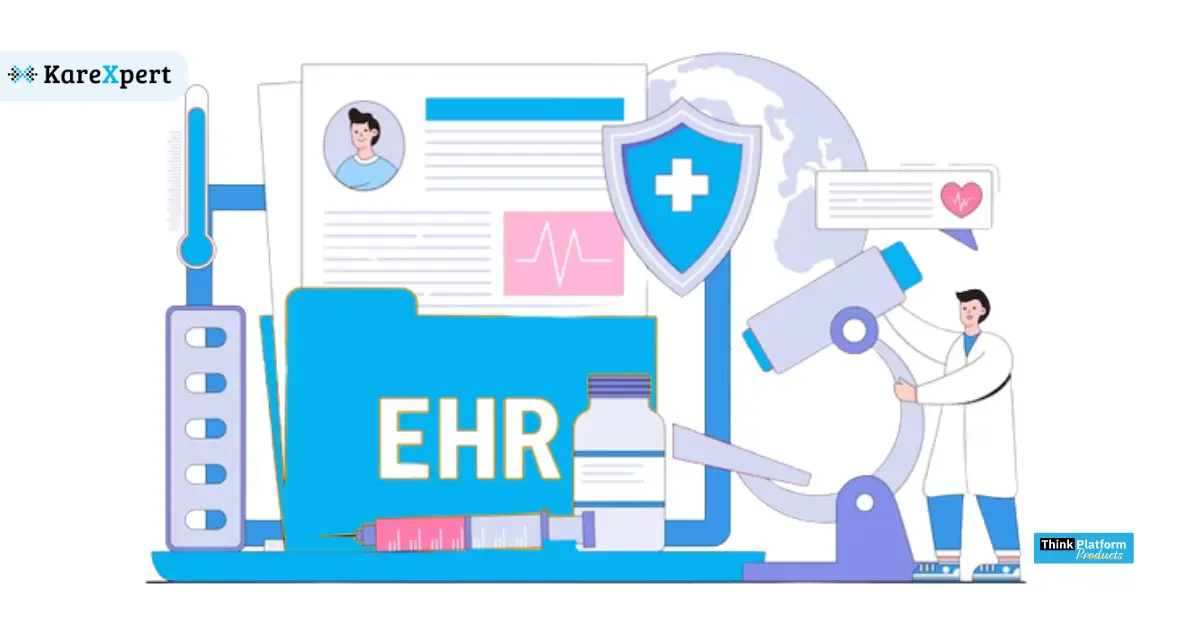Can Electronic Health Records Software Actually Improve Patient Care?

Electronic Health Records (EHR) software has become an integral part of modern healthcare systems, promising numerous benefits for both patients and healthcare providers. By digitizing medical records and facilitating real-time access to patient information, EHR software aims to enhance patient care, streamline workflows, and improve overall healthcare outcomes. However, the question remains: Can electronic health records software actually live up to its promises and positively impact patient care? In this article, we explore the potential benefits and challenges associated with EHR implementation and its impact on patient care.
Benefits of Electronic Health Records Software:
1. Enhanced Data Accessibility:
EHR software enables healthcare providers to access patient records anytime and from anywhere, promoting quick decision-making and efficient care.
Real-time access to patient information reduces errors, ensures accurate diagnoses, and helps healthcare professionals stay updated on patient progress.
2. Improved Coordination and Communication:
EHR systems facilitate seamless communication between different healthcare providers, fostering better care coordination and interdisciplinary collaboration.
Enhanced communication prevents duplicate tests, reduces medical errors, and ensures a comprehensive view of a patient’s medical history.
3. Time and Cost Savings:
By eliminating paper-based record-keeping, EHR software saves time for both healthcare professionals and administrative staff.Reduced paperwork and streamlined processes lead to cost savings, benefiting both healthcare facilities and patients.
4.Decision Support Tools:
Many EHR systems offer decision support tools, such as alerts for drug interactions, allergies, and preventive care reminders.These tools assist healthcare providers in making well-informed decisions, leading to improved patient safety and health outcomes.
5. Personalized Care Plans:
EHR software allows healthcare providers to develop personalized care plans based on a patient’s medical history, demographics, and risk factors.
Tailored care plans lead to more effective treatments and better patient compliance.
Challenges and Potential Drawbacks:
1. Implementation Costs:
The initial cost of adopting EHR software can be significant for healthcare facilities, especially for smaller practices and rural clinics.
Training staff and migrating existing data to the new system add to the overall implementation expenses.
2. Interoperability Issues:
Lack of interoperability among different EHR systems can hinder seamless data exchange between healthcare organizations.
Incompatibility between systems may lead to fragmented patient records, compromising care continuity.
3. Data Security and Privacy Concerns:
With the digitalization of patient records, ensuring data security and privacy becomes a top priority.Healthcare providers must implement robust security measures to protect patient information from unauthorized access and cyberattacks.
4. User Experience and Workflow Disruptions:
Introducing new EHR systems may cause disruptions to established workflows, leading to temporary inefficiencies and resistance from staff.
A poorly designed user interface can hinder user adoption and result in decreased productivity.
5. Data Entry Burden:
Healthcare providers may experience an increased administrative burden as they need to input patient information into the EHR system during consultations.
This may lead to time constraints during patient visits and potential data entry errors.
Evidence of Improved Patient Care:
1. Studies on Health Outcomes:
Several studies have shown that EHR implementation is associated with improved patient outcomes, reduced medical errors, and decreased hospital readmission rates.
2. Chronic Disease Management:
EHR software aids in better chronic disease management by providing comprehensive patient data, enabling timely interventions, and promoting adherence to treatment plans.
3. Preventive Care and Population Health:
EHR systems support preventive care efforts by identifying at-risk patients, sending reminders for screenings, vaccinations, and health check-ups.
Conclusion
Electronic Health Records software holds significant potential to improve patient care by enhancing data accessibility, streamlining communication, and providing decision support tools. Despite some challenges like implementation costs and interoperability issues, evidence suggests that EHR implementation can lead to better health outcomes and increased patient safety. As healthcare technology continues to evolve, EHR software is likely to play a crucial role in transforming the delivery of patient care, making healthcare systems more efficient, and ultimately improving overall healthcare quality.
